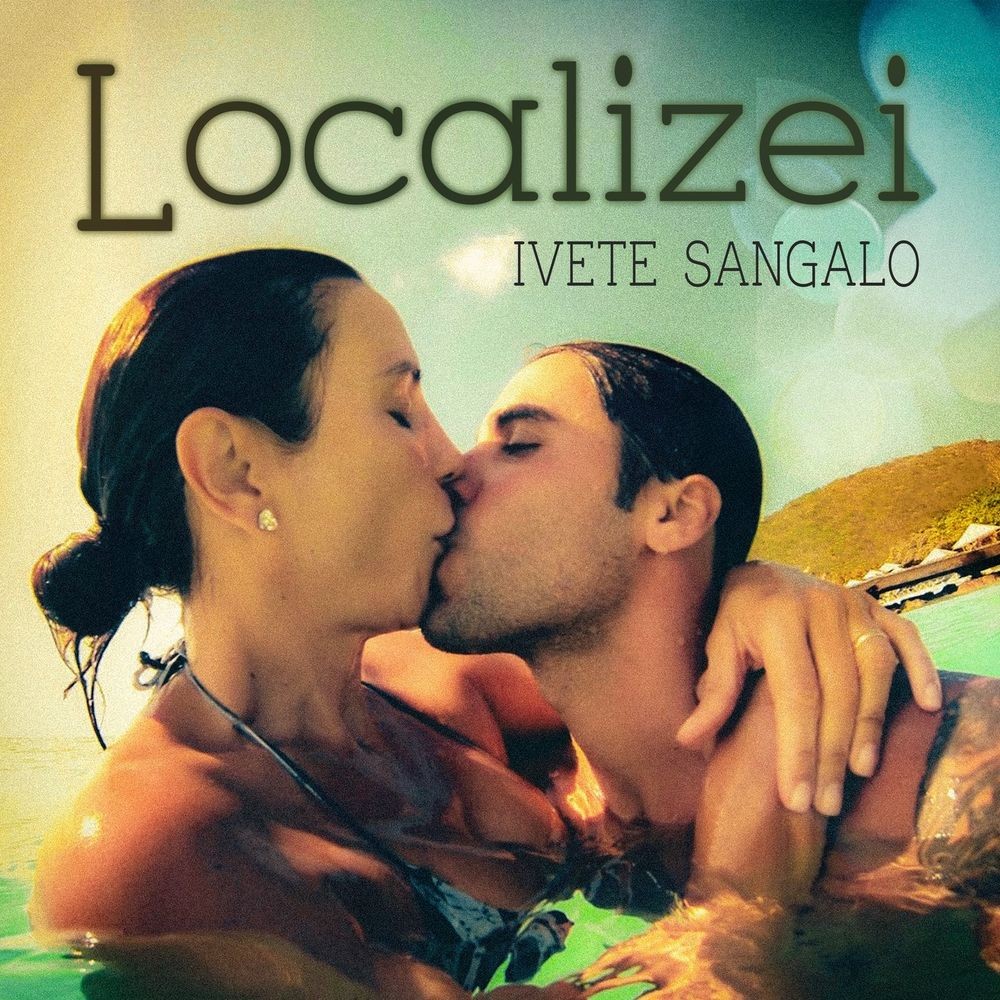Ivete Sangalo
| 基本信息 | |||
|---|---|---|---|
| 姓名 | Ivete Sangalo | 别名 | 暂无 |
| 国籍 | 巴西 | 出生地 | |
| 语言 | 性别 | 女 | |
| 生日 | 星座 | ||
| 身高 | 体重 | ||
by Alvaro NederPhenomenon of the axé-music, Ivete Sangalo has had broad national success in Brazil, both as head of the Banda Eva (which sold more than 4,500,000 million copies of its six albums) and in her solo work, which started in 1999. She has had excellent performance in the charts, selling 600,000 copies and has been nominated for the Latin Grammy.
The youngest daughter of a musical family, Ivete Sangalo spent her childhood singing with her six brothers and sisters in several different amateur situations like school festivals and parties. But it was only when her sister Mnica San Galo took her to her first gig at a bar in Ondina, a neighborhood in Salvador, Bahia, that Sangalo became a professional. Since then, she departed for a dedicated career, performing extensively throughout upstate Bahia and Pernambuco. Her first serious appointment came when she was invited to open for Geraldo Azevedo. Her next break came when she participated in a micareta (a Carnival in the middle of the year) in the city of Morro do Chapéu. In that period, she was also a backing vocalist for Lui Muritiba.
Her first solo show was presented in 1992 in a Salvador nightclub. The performance yielded her the Caymmi trophy of that year, as revelation singer. In the next year, Sangalo was one of the artists to perform in the Meio-Dia project in the Mercado Modelo, which was a success. She was then invited to join a second edition of the extinct Banda Eva, which recorded Banda Eva in 1993, which had the hit "Adeus, Bye, Bye," re-recorded by Maria Bethnia. Sangalo recorded another five albums with the Banda Eva, with 4,500,000 million sold copies and the hits "Al, Paixo," "Pra Abalar," "Flores," "Cupido Vadio," "Me Abraa," "Coleo," "Pegue Aí," "Beleza Rara," "Levada Louca," " Agora," and "Amei Demais." Sangalo appeared as composer with "Carro Velho," included in her last work ahead of Banda Eva, Você E Eu. Sangalo's first solo CD, Ivete Sangalo (1999) was nominated for the Latin Grammy in the categories Revelation and Best Pop Solo Album. The album was a huge selling success, yielding her a double-platinum record (600,000 copies) and the top radio charts in Rio de Janeiro, So Paulo, Recife, and Salvador, with the hit "Se Eu No Te Amasse Tanto Assim" (Herbert Vianna), included in the soundtrack of TV Globo's soap opera Uga Uga. In 2000, Sangalo recorded "Back To One" as a duet with Brian McKnight.
 加载评论内容,请稍等......
加载评论内容,请稍等......








